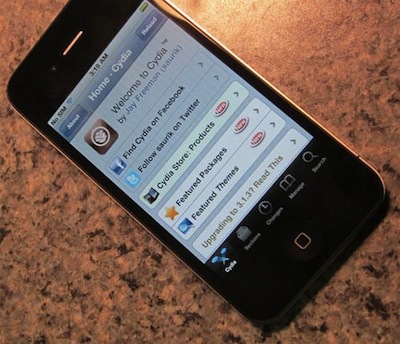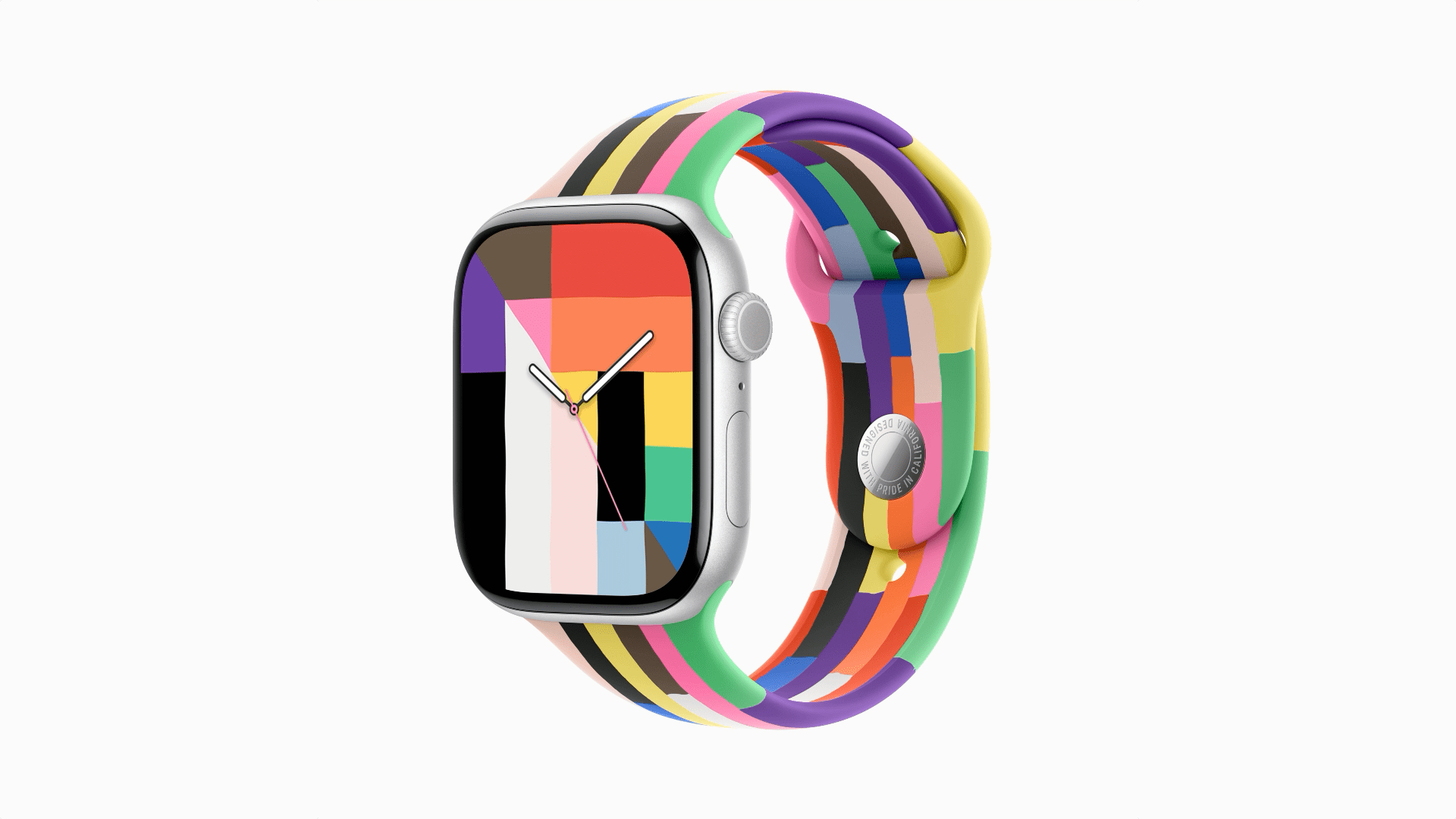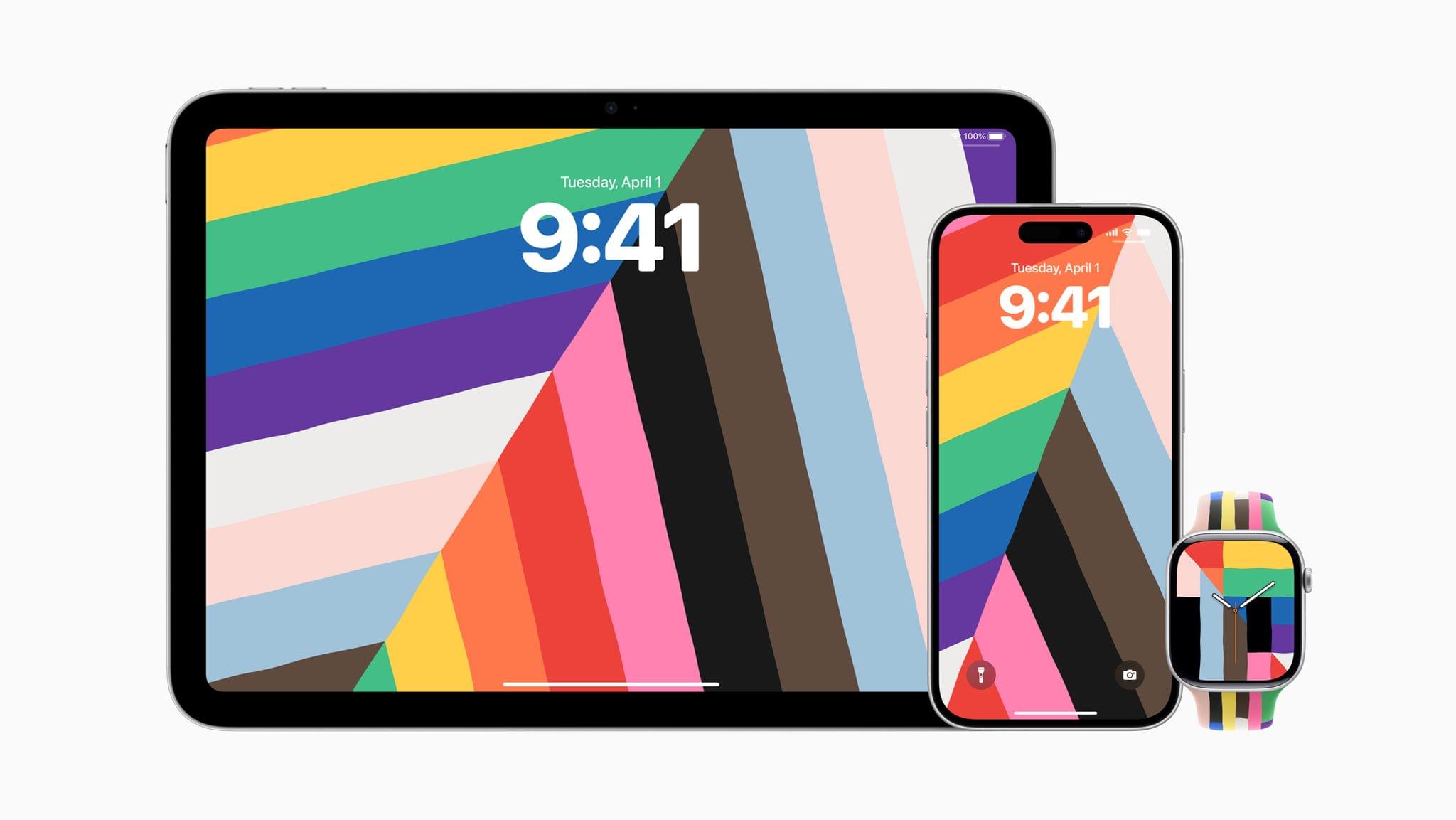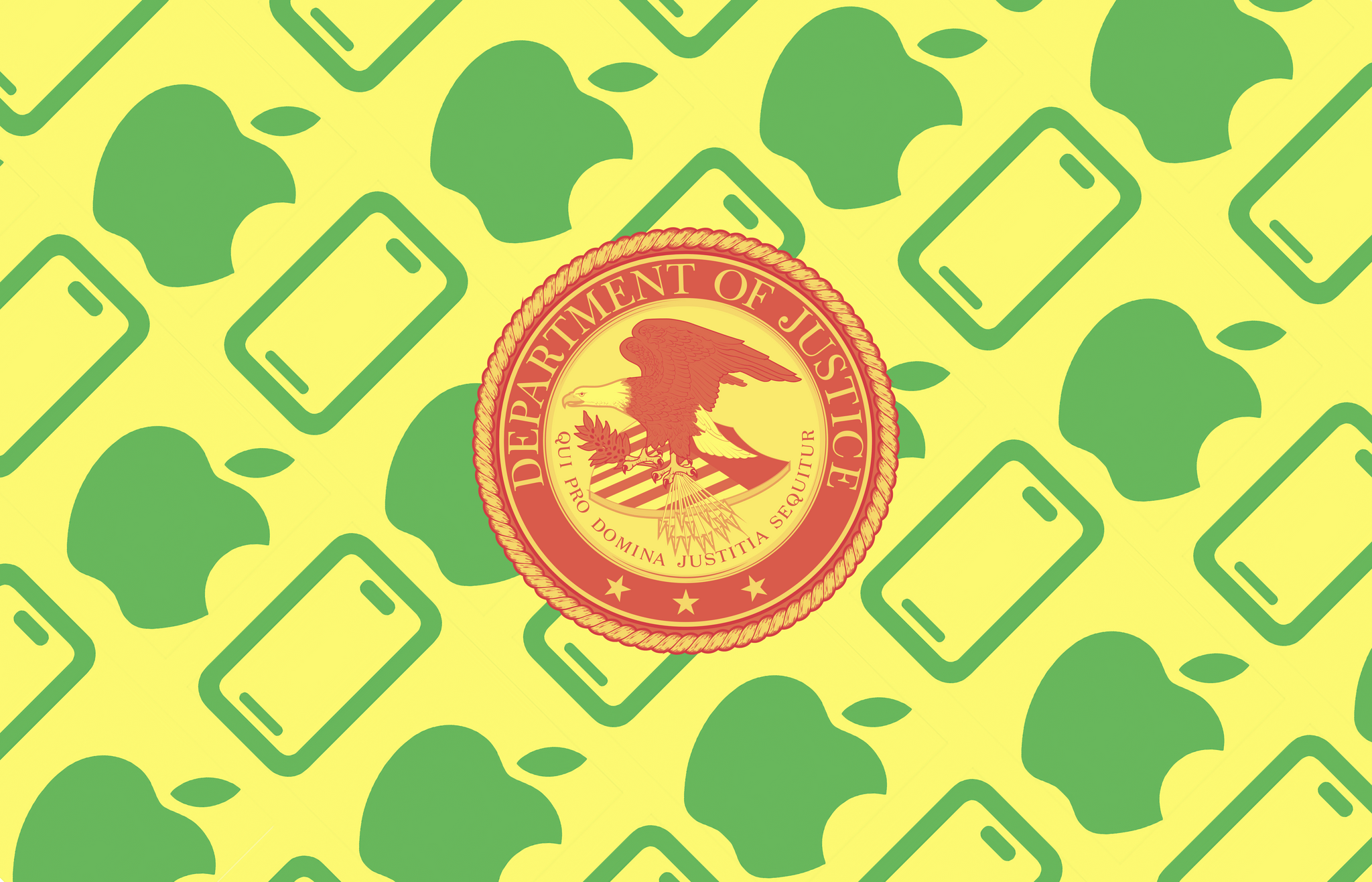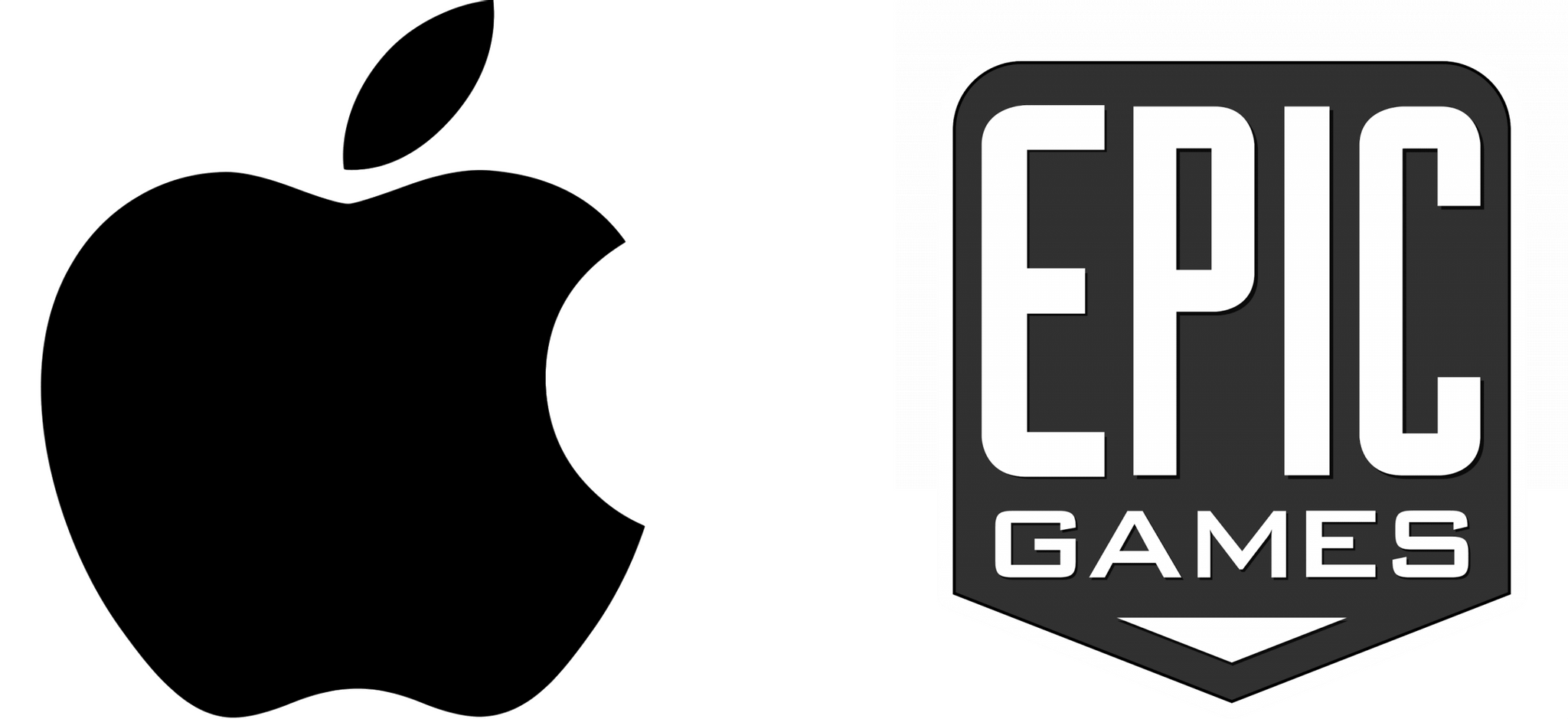The US Department of Justice and 16 states have sued Apple for antitrust violations in an 88-page complaint filed in New Jersey federal court. At the time of publication, the DOJ’s press release, which has been shared with some media outlets, has not been published on the DOJ website, although I expect it will be before long. In response, Apple says:
At Apple, we innovate every day to make technology people love—designing products that work seamlessly together, protect people’s privacy and security, and create a magical experience for our users. This lawsuit threatens who we are and the principles that set Apple products apart in fiercely competitive markets. If successful, it would hinder our ability to create the kind of technology people expect from Apple—where hardware, software, and services intersect. It would also set a dangerous precedent, empowering government to take a heavy hand in designing people’s technology. We believe this lawsuit is wrong on the facts and the law, and we will vigorously defend against it.
We’ll have a more detailed breakdown of the plaintiffs’ allegations against Apple soon, but the allegations are broad, claiming that:
- Apple has monopolized or attempted to monopolize the smartphone market under the federal Sherman Act;
- Apple has monopolized or attempted to monopolize the performance smartphone market under the federal Sherman Act and Wisconsin and New Jersey antitrust laws
(emphasis added).
The DOJ and states argue that Apple’s alleged anticompetitive behavior extends beyond its effect on users and developers to touch a wide swath of the economy:
Critically, Apple’s anticompetitive conduct not only limits competition in the smartphone market, but also reverberates through the industries that are affected by these restrictions, including financial services, fitness, gaming, social media, news media, entertainment, and more. Unless Apple’s anticompetitive and exclusionary conduct is stopped, it will likely extend and entrench its iPhone monopoly to other markets and parts of the economy. For example, Apple is rapidly expanding its influence and growing its power in the automotive, content creation and entertainment, and financial services industries–and often by doing so in exclusionary ways that further reinforce and deepen the competitive moat around the iPhone.
The DOJ and states seek a number of different remedies, including:
a. preventing Apple from using its control of app distribution to undermine cross-platform technologies such as super apps and cloud streaming apps, among others;
b. preventing Apple from using private APIs to undermine cross- platform technologies like messaging, smartwatches, and digital wallets, among others; and
c. preventing Apple from using the terms and conditions of its contracts with developers, accessory makers, consumers, or others to obtain, maintain, extend, or entrench a monopoly.
There’s a lot to digest in the complaint, which you can read for yourself here. I highly recommend reading at least the introduction to get a better sense of what Apple is being accused of. Keep in mind that this is just one side of the story, but Apple will tell its side in more detail soon enough. And, of course, I will be back soon with a more detailed look at what this lawsuit is all about and what’s at stake.



